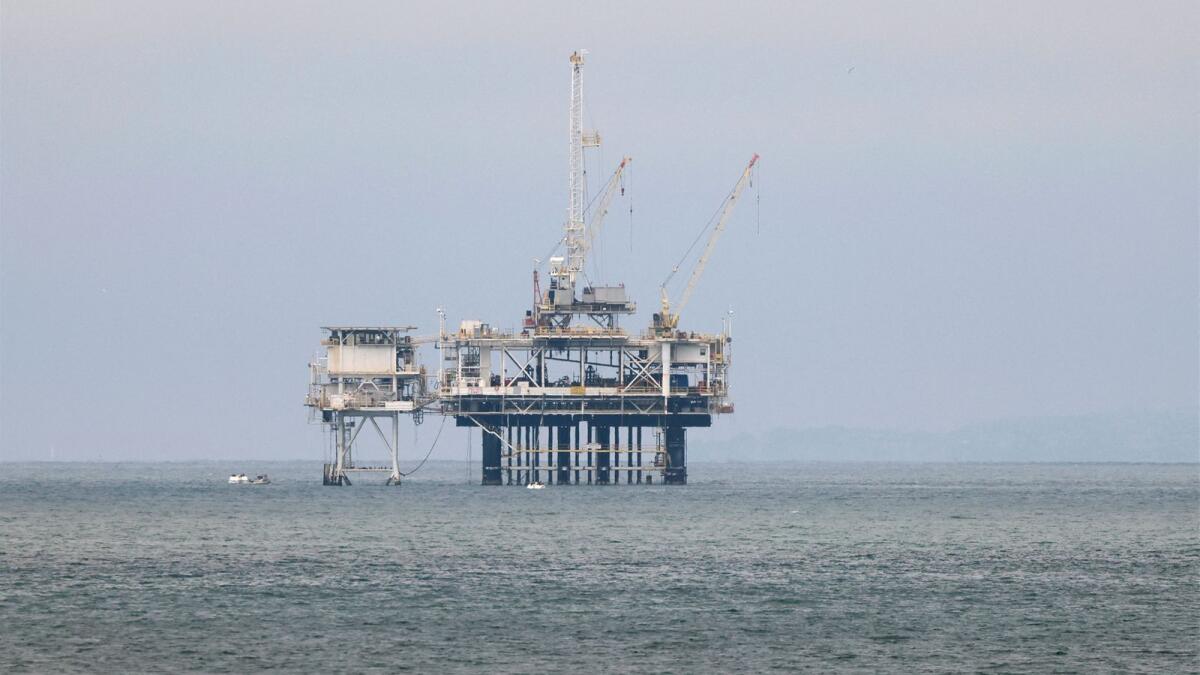Oil prices took a slide on Monday after a four-week rise, largely due to potential ceasefire talks in Gaza easing geopolitical tensions and the looming threat of disruptions to U.S. energy supplies from Tropical Storm Beryl. Brent crude futures dropped by 0.4% to $86.18 a barrel, while U.S. West Texas Intermediate crude saw a decrease of 0.5% down to $82.71 a barrel. Qatar and Egypt are currently mediating peace talks aimed at ending the nine-month-old war in Gaza, which could impact the geopolitical landscape in the Middle East and influence oil prices.
As Hurricane Beryl approached the Texas coast, major ports in the area such as Corpus Christi, Houston, Galveston, Freeport, and Texas City closed in preparation for the storm. These closures could potentially disrupt oil and gas production, exports, and refinery operations, leading to temporary halts in fuel deliveries. While offshore oil and gas production remains at risk, the main concern lies in the potential impact on refinery infrastructure in Texas.
Despite the storm’s potential threat to the energy sector, there is optimism around U.S. data indicating a sizable weekly draw in oil inventories during peak driving season, which could provide support for oil prices. Last week, WTI saw a 2.1% increase following a decline in stockpiles for crude and refined products. Analysts believe that WTI may face resistance between $85.50 and $87.50 based on technical charts, despite its recent rally.
The number of operating oil rigs in the U.S. has remained steady at 479, holding at its lowest point since December 2021, as reported by Baker Hughes in their weekly update. Oil prices were also influenced by hopes of potential interest rate cuts following data showing easing inflation and slowing job growth in the U.S. Lower interest rates could stimulate economic activity and consequently increase demand for crude oil in the market.
Investors have been closely monitoring the outcomes of recent elections in the UK, France, and Iran to gauge potential impacts on geopolitics and energy policies. France faced a political deadlock with a hung parliament, while Iranians elected Masoud Pezeshkian as their new president, a relative moderate who defeated a hard-line rival. These developments could have significant implications for future energy strategies and global markets.
In conclusion, the fluctuation in oil prices is primarily attributed to geopolitical factors such as potential ceasefire talks in Gaza and the threat of disruptions caused by Tropical Storm Beryl. The closure of major ports in Texas and the looming impact on refinery operations have heightened concerns about supply chain disruptions in the energy sector. However, positive U.S. data on oil inventories and hopes for interest rate cuts have provided some support to oil prices. Moving forward, the outcomes of recent elections in key countries could shape future energy policies and market dynamics.











